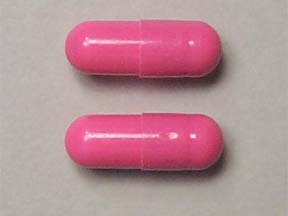This product is a mineral used to treat or prevent low levels of zinc.
Our coupons are free to use. Before paying, show the pharmacist your Zinc Sulfate savings card to get your free discount. Use our filters below to edit the prescription box to match your needs. The Zinc Sulfate prices will update based on your prescription needs. Above our Zinc Sulfate coupons, you can change your location to see pharmacy prices and costs in other areas. We're here to help you buy Zinc Sulfate at the lowest price with our prescription discount card.
My prescription
Edit
220 (50 Zn)MG, Zinc Sulfate (30 Capsules)
Select pharmacy

Walgreens
$8.06
COUPON PRICE
Albertsons
$8.70
COUPON PRICEZinc Sulfate savings card
Show this card to your pharmacist
Walgreens
$8.06
BIN
ID
PCN
GRP
019876
LH5E2528D6
CHIPPO
LHX
Powered by
This product is a mineral used to treat or prevent low levels of zinc.
Our coupons are free to use. Before paying, show the pharmacist your Zinc Sulfate savings card to get your free discount. Use our filters below to edit the prescription box to match your needs. The Zinc Sulfate prices will update based on your prescription needs. Above our Zinc Sulfate coupons, you can change your location to see pharmacy prices and costs in other areas. We're here to help you buy Zinc Sulfate at the lowest price with our prescription discount card.

